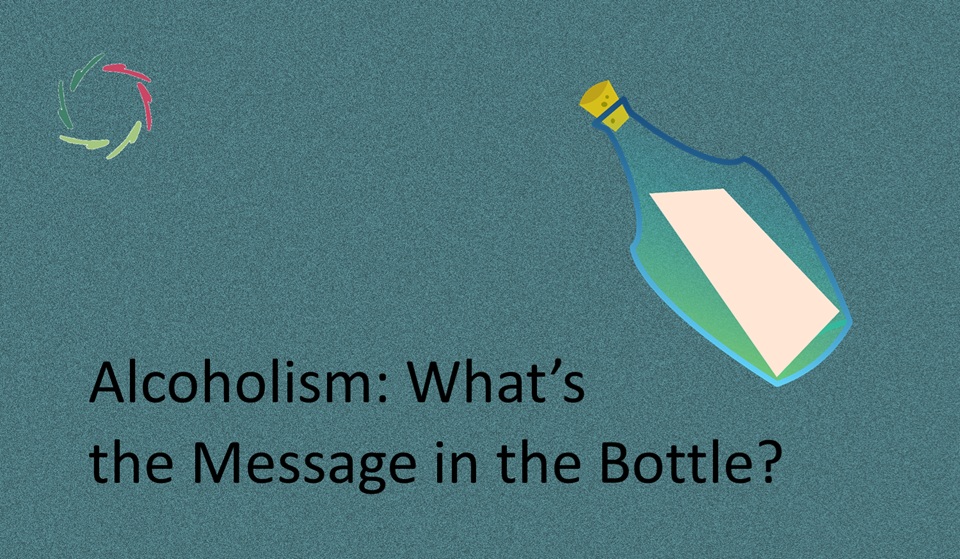The Addict’s Grace

Inside the addiction itself, an essential part of the solution lies patiently, gracefully waiting.
While reading this text,
please stay aware, together with me, of the many miseries of addiction. It is, of course, a very-to-extremely challenging situation. By focusing on the underlying ‘Big Positive,’ a new view may arise that hopefully puts many addicted people in the direction of Inner Strength.
Traveling on this path is not the solution, but it may bring one closer.
There is no obvious way out of addiction.
Most addicts know this all too well. Trying to coerce an addict usually backfires, even if the coercion comes from the addict himself.
Addiction itself is also coercion. The harder you draw at it, the harder it draws back. This way, you’re not making anything easier for anyone.
If coercion succeeds now and then, it’s not through the coercion itself. Something else underlies it. What may that mysteriously underlying factor be? And if we attain it head-on, could we leave the coercion behind?
Grace is the exit.
Grace can be a ‘Godly Gift,’ but it doesn’t need to be. [see: “Grace“] In any case, the direction is towards deep inside, whether there is everything or only a doorway to everything.
This ‘everything’ is what an addict needs. It is what he searches for. It is what he may temporarily find in his addiction’s highs. It is the core of addiction as well as of healing from it.
A life without Grace is a life hardly worth living.
The addict’s Grace
Some people are more sensitive to it than others, possibly through some challenging early life experiences. Thus one may also become aware of it through the feeling of (a relief of) suffering ― sensitivity or vulnerability? Some find it in different ways. Paradoxically as it may seem, an addict has found it in his addiction. That doesn’t make him a lesser person.
In a way, it makes him a more worthwhile person than most who are no seekers of Grace. This includes some ideologically righteous knights. [see: “(Non-)Morality of Addiction“]
So, the deeper quest of the addict should not fundamentally change. If anything, it should not stop. It should continue ― beyond the addiction.
The addict should never give up searching for Grace. His addiction may be helpful in this ― clamoring for attention. It is Grace who demands him to continue!
But he should stop searching for it in his addictive outlet only, because it then runs the risk of becoming self-centered and incinerating. Even the brain at the macroscopic level may suffer in due time. Some see this as proof that addiction is ‘all in the brain.’ I see, as in schizophrenia, a huge difference between the short and the long term. This reflects in what amounts to optimal management. One thing remains the same:
The addicted person should search for Grace in other places.
Sure, being Grace, that is not straightforward. It may be pretty paradoxical. That’s why many run in directions where there’s not much to find.
Also, society could be more helpful, even while it is eventually the addict’s personal quest.
The best you can help an addict on his personal path
is by in-depth traveling along with him for a while. That doesn’t necessarily take much time or money, or even sympathy.
It takes being. It takes showing your soul to the soul of the addict and profoundly saying, “Fine. You’re on the right track. But you’ve been halted for some time. Now please continue towards the end goal. It’s worth it, and I know you’ll get there.”
The poet’s Grace
Grace is not what you draw into your house.
Grace is what comes knocking at your door
time and time again
and then you hear the knocking
and open the door.
―
That simple?
To hear the knocking, you have to silence the irrelevant noises inside your house.
That’s a lot of work.
What are we waiting for?


